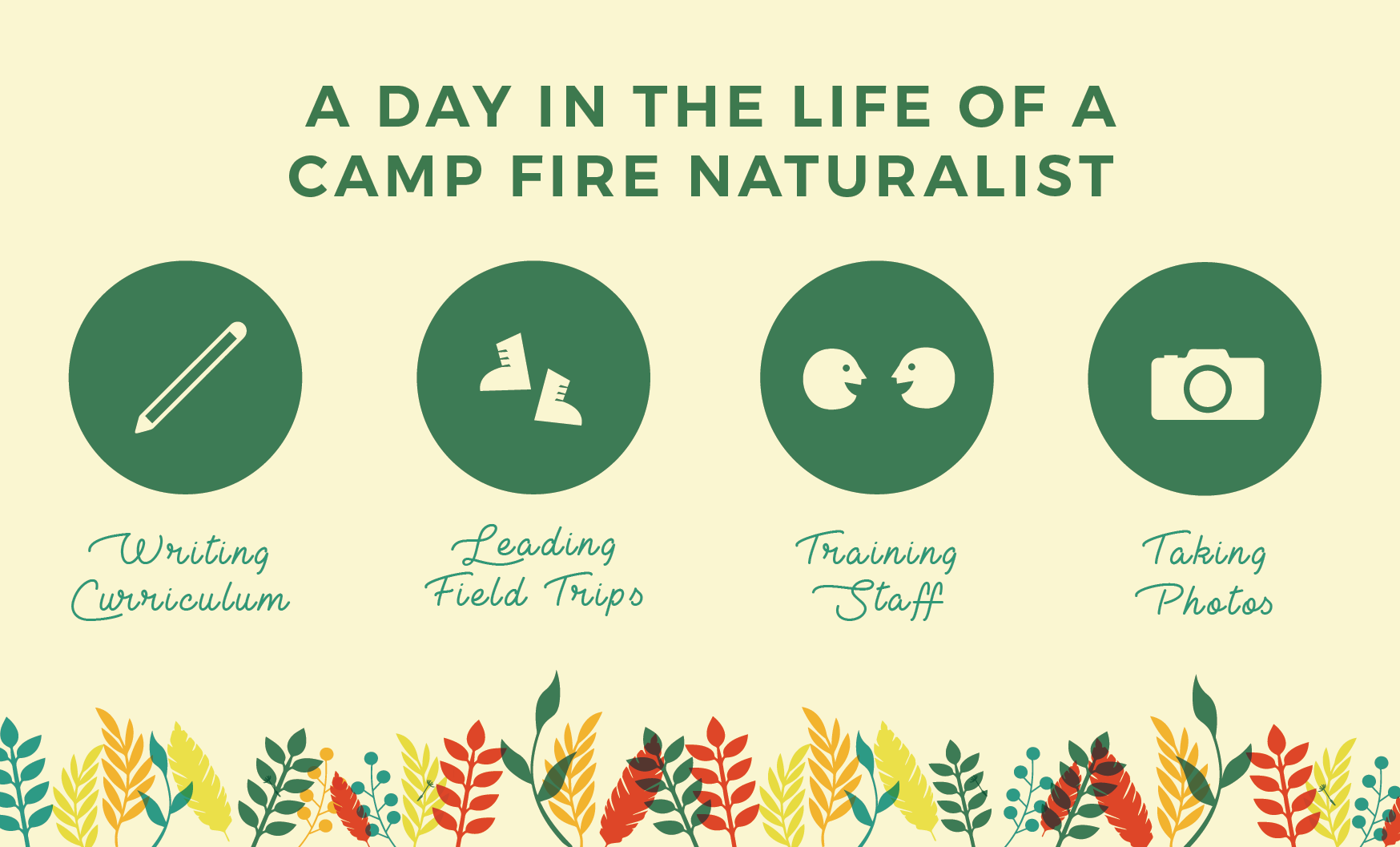Katy Konrad has loved nature since she was a child.
As the daughter of a conservation officer, Katy, also known as “Goose” at Tanadoona, grew up “being outside all the time, going for hikes, being on boats — doing all things outside.”
One particular incident from Katy’s childhood always stuck with her. She remembers driving back from a lake with her dad and sister, all of them watching as the driver of a car in front of them threw trash outside their window.
Katy’s dad followed the car to the nearest gas station and told the driver he’d be receiving a ticket in the mail for littering.
“My dad sparked a passion for the outdoors – for protecting it and doing right by it,” she recalls. “He was like Superman for nature.”




